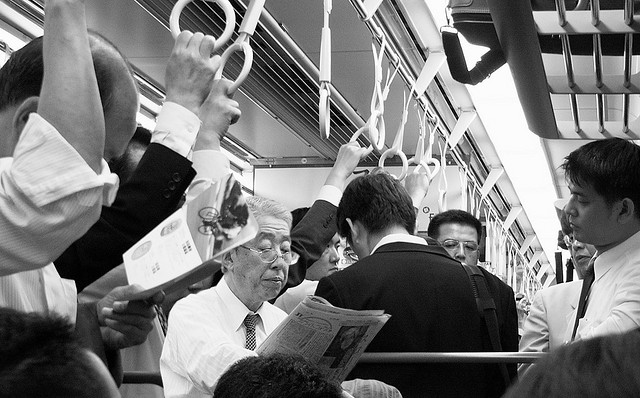Although Japan is notorious for excessive overtime work and few holidays, the Japanese government has been releasing guidelines to change that. Aiming to improve their citizens’ work-life balance, quality of life and well-being, the government is encouraging companies to keep flexible and remote work options that started as the result of the pandemic. The government is leading by example and recently The Mainichi reported Chiba Prefecture is instituting a four-day workweek this year.
4-Day Workweek in Chiba
Public sector workers in Chiba will have a four-day workweek with no changes in salary or working hours. This is made possible by taking a day’s work and splitting it into smaller chunks of overtime work throughout the week. The employees will have a designated core time of 10am to 3pm to be present in person on working days.
Flexible working time isn’t rare in Japan, but Tokyo’s neighboring prefecture, Chiba, is set to make it a standard for all its public workers. For comparison, government institutions across Japan have the four-day workweek option for special cases involving childcare or elderly care, and the Tokyo government limits the four-day workweek to once a month at the time of writing.
“A bill to amend the ordinance on prefectural public servants’ working hours will be submitted at a regular session of the prefectural assembly this month with the aim of implementing the new system by June,” The Mainichi reports.
The employees who want to make use of this flexible work time will have to obtain permission from superiors and make sure there are no disruptions.

Work Culture in Japan
The notoriety of work culture in Japan is far from myth with data supporting it. Grueling work culture is often given as a reason for suicides and death by overwork is so common that there is a word in the Japanese language for it — karoshi. Long work hours are also listed as one of the main factors leading to lower birth rates in the country. The good news is that the government is dedicated to changing work culture in Japan.
The four-day workweek in Chiba is just one example, but Gunma Prefecture will also try the same system later this year. There are also 10 other prefectures proposing a version of the four-day workweek in Japan. “The national government has introduced the four-day workweek system for those with particular time demands, such as child care or nursing a family member, but plans to expand the system to all employees from April 2025,” The Mainichi reports.
The four-day workweek has already been championed by Microsoft in Japan and other private companies are expected to follow suit. Japan joins a list of countries such as New Zealand and Germany that are now implementing similar systems after finding out that flexibility improves both workers’ productivity and their quality of life.
Related Posts
- Japanese Work Culture: Are the Stories True or False
- Overwork Culture Makes Tokyo Languish in Expat Rankings
- Is Japan’s Soft Power at an All-Time High?
Updated On March 4, 2024








